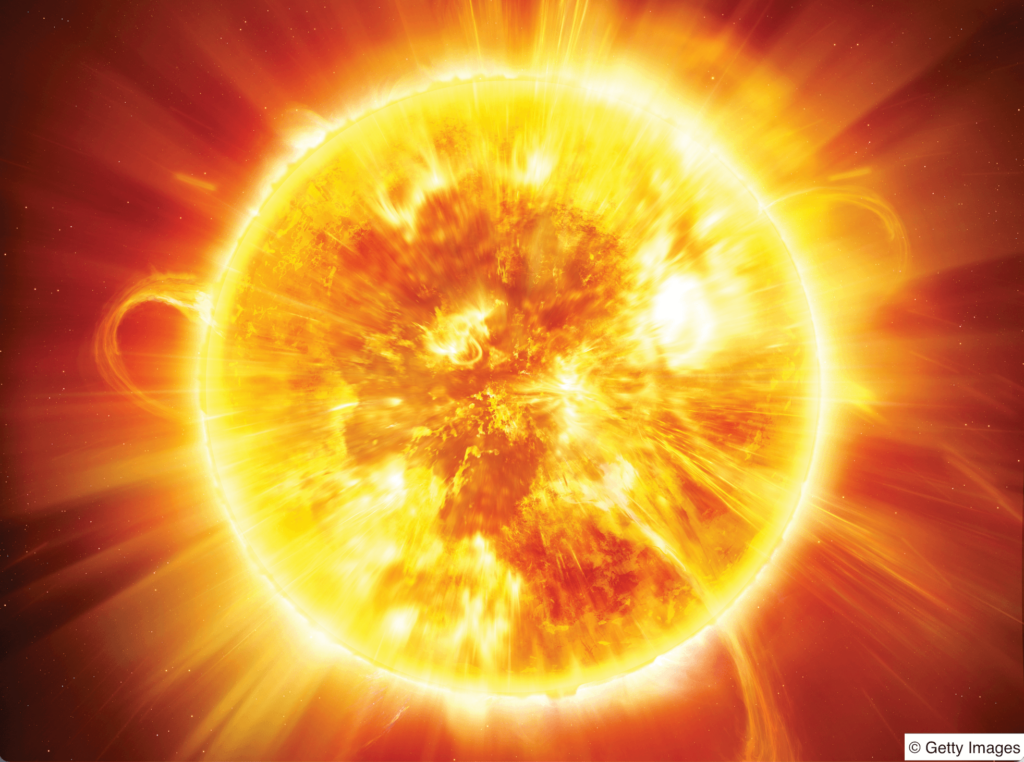Is nuclear fusion the future? The race is heating up to bring star power down to Earth. But some scientists are sceptical this technology will ever be more than science fiction.
China’s artificial sun sets new world record
 Starstruck: Large stars such as the one above produce huge amounts of energy.
Starstruck: Large stars such as the one above produce huge amounts of energy. Glossary
Plasma - a gas charged with electricity, found in stars such as the Sun. Physicists regard it as a state of matter, along with gas, liquid and solid.
Greenhouse gases - Greenhouse gases, which increase the atmosphere's capacity to hold heat, are vital to life on Earth: without them the planet would be freezing. But human activity is disturbing the delicate balance that created the conditions for life as we know it. Carbon dioxide is responsible for 60% of the manmade greenhouse effect, but we also produce smaller quantities of methane, ozone and nitrous oxide, which are even more damaging.
Radioactive - Something that has or produces radiation.
